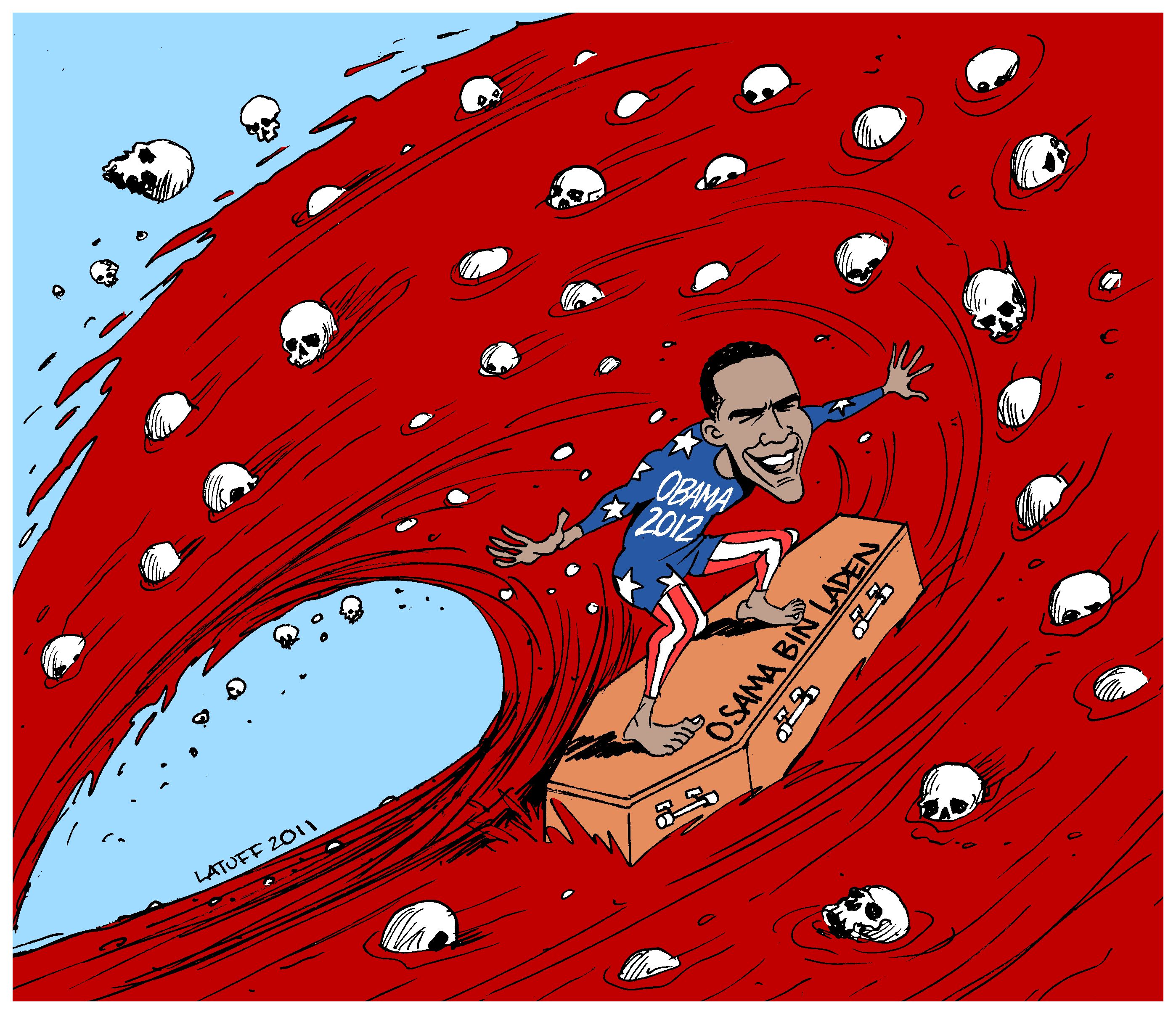
On Tuesday, Congress heard a good speech from Barack Obama, the candidate, but a questionable speech from Obama, the president.
Obama accentuated his differences with the most likely Republican aspirants to the presidency and outlined a strategy that would allow him to regain some of the lost hope among his followers and to extract votes from the irritation currently dominating the streets. But he was not bold enough in identifying the country’s principal problems, nor was he capable of offering convincing proof that he is the best man to resolve them.
A president that has been in the White House for three years should have something more to offer than the evident contrast to his opponents to claim the re-election. He should be able to exhibit a finished project and present a new one that deserves four more years to complete.
None of that was sharply defined in the State of the Union address. Obama mentioned from the beginning his undeniable achievements, the death of Osama bin Laden and the end of the war in Iraq, but hid the health reform and skimmed over other results of his presidency, such as financial reform and the successful rescue of the automobile industry. Without a doubt, because he doesn’t believe any of that is very popular at the moment.
He emphasized what is truly popular: imbalanced distribution of wealth and the shortage of opportunities for the poorest. As he repeated yesterday in Iowa, where he began an electoral tour of five states, his objective at this time is to “restore an economy where everyone gets a fair shot, and everyone does their fair share, and everyone plays by the same set of rules.”
With that message, Obama will probably connect with a middle class who feel that they have lost buying power and that their progress stopped by the voracity of the capitalists without scruples who provoked the crisis of 2008, capitalists exemplarily represented by Mitt Romney.
This is unarguably one of the United States’ current problems, but is neither the only one nor, surely, the most important. If unemployment is high and the future uncertain, this is not only because of the eye-popping wealth accumulated by Wall Street. The problem of the North American economy is its incapacity to compete with China and other emerging nations, and the crisis of its modest yet archaic welfare state.
You cannot honestly promise “an economy built to last” while ignoring the unsustainable weight of Social Security, Medicare and Medicaid; avoiding all reference to the problem of the huge national debt; and avoiding any allusion to the structural reforms needed to check the decline of the U.S.
Certainly, as the polls show, that is not very popular among Democrats or the middle class, who just want solutions to unemployment. But by now, Obama should have accumulated enough political capital to expose a few unpopular realities to the nation.
Obama has a good argument in his favor. “[Let’s take] the money we’re no longer spending at war, use half of it to pay down our debt, and use the rest to do some nation-building right here at home,” he said. American infrastructure needs modernization and the country’s economy probably needs more public investment. But to ignore the debt, as the president did in the rest of his address, is to flee from reality.
An increase in taxes for the rich may be a just cause and will definitely find many supporters. But it is a very easy solution to problems that are far more complex. If it is lamentable that the Republicans are held hostage to the extremism of the tea party, it would be just as sad to see the Democrats become prisoners to the demagogy of Occupy Wall Street.

Leave a Reply
You must be logged in to post a comment.